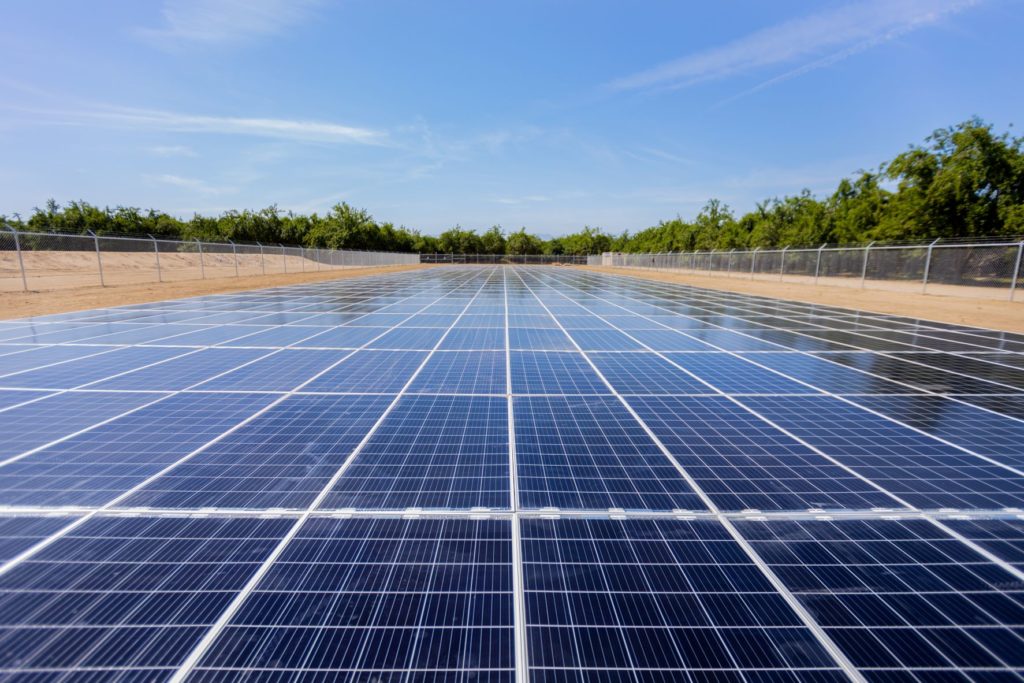
Arizona-based solar technology company Erthos, the inventor of Earth Mount Solar PV, has signed an agreement for a 100MWdc+ utility-scale PV installation in Texas. It is the company’s largest contract to date.
The agreement was made with Industrial Sun, an Austin, Texas-based renewable energy and energy storage developer with a delivered portfolio of over 6GW across the US.
Try Premium for just $1
- Full premium access for the first month at only $1
- Converts to an annual rate after 30 days unless cancelled
- Cancel anytime during the trial period
Premium Benefits
- Expert industry analysis and interviews
- Digital access to PV Tech Power journal
- Exclusive event discounts
Or get the full Premium subscription right away
Or continue reading this article for free
Industrial Sun said that, due to the physical constraints of the project, conventional solar modules would not be suitable to fulfil the required capacity. Ground-mounted modules, placed flat directly onto the ground, do not require the spacing that fixed-tilt modules do. Erthos also said that it can recoup the increased output that a tracker provides, which it placed around 20%, by being able to deploy 20% more modules over a smaller area.
Erthos claims that its Earth Mount technology can offer an energy density over double that of a typical utility-scale system.
The company said that its earth-mounted modules lower the levelised cost of energy of utility-scale solar, as well as providing advantages in land availability and interconnection costs. The modules are cleaned by a specifically designed autonomous robot.
“Erthos technology allows us to maximise our project capacity, particularly in those areas where our projects are land-constrained,” said Wade Gungoll, managing director of Industrial Sun.
Last month, Erthos announced a memorandum of understanding for a 107MW project with an undisclosed US developer, along with 14MW of smaller-scale contracted projects.
In March the company closed US$17.5 million in funding to expand its active project pipeline to 2.5GW.






